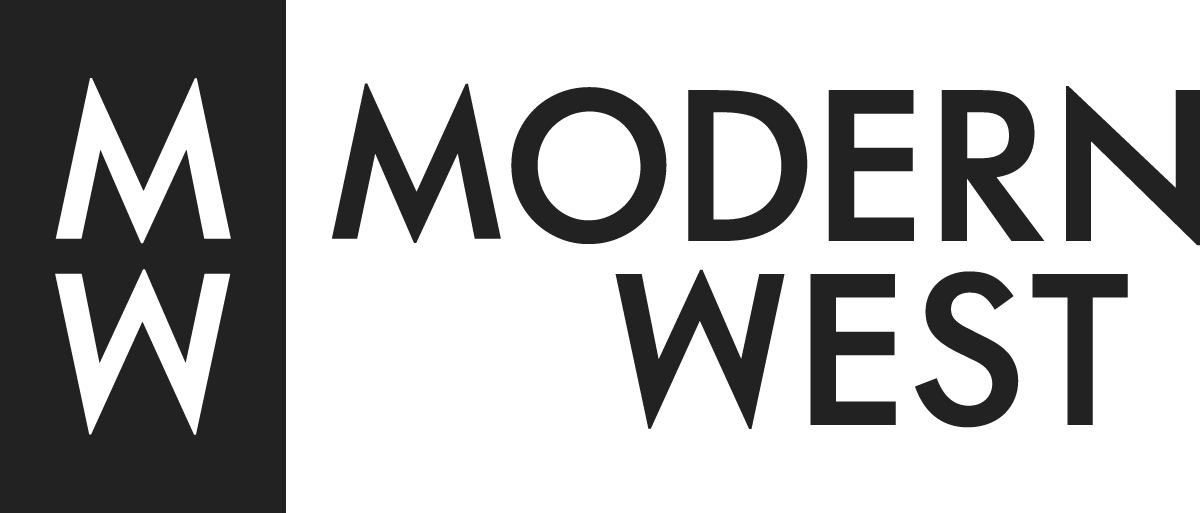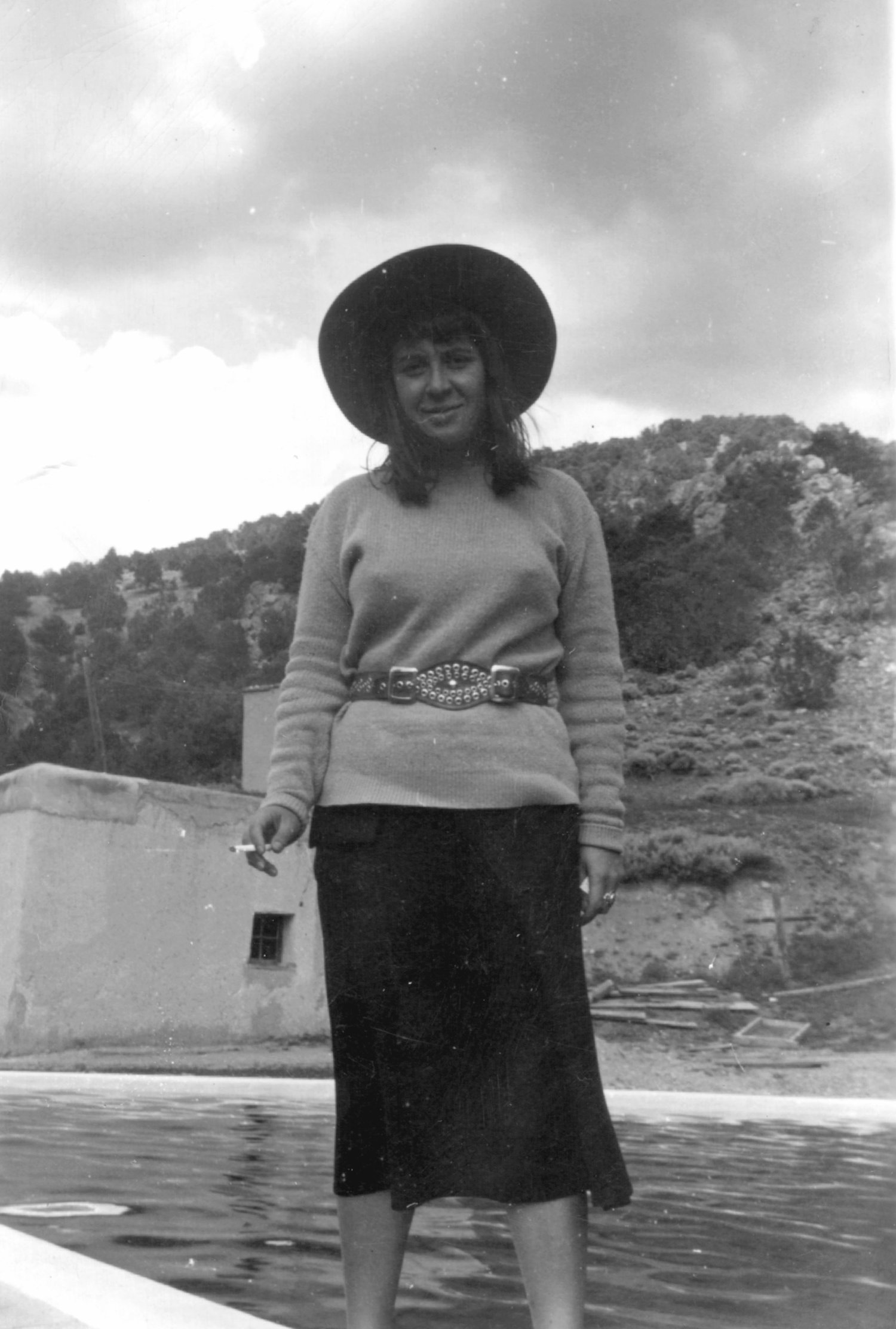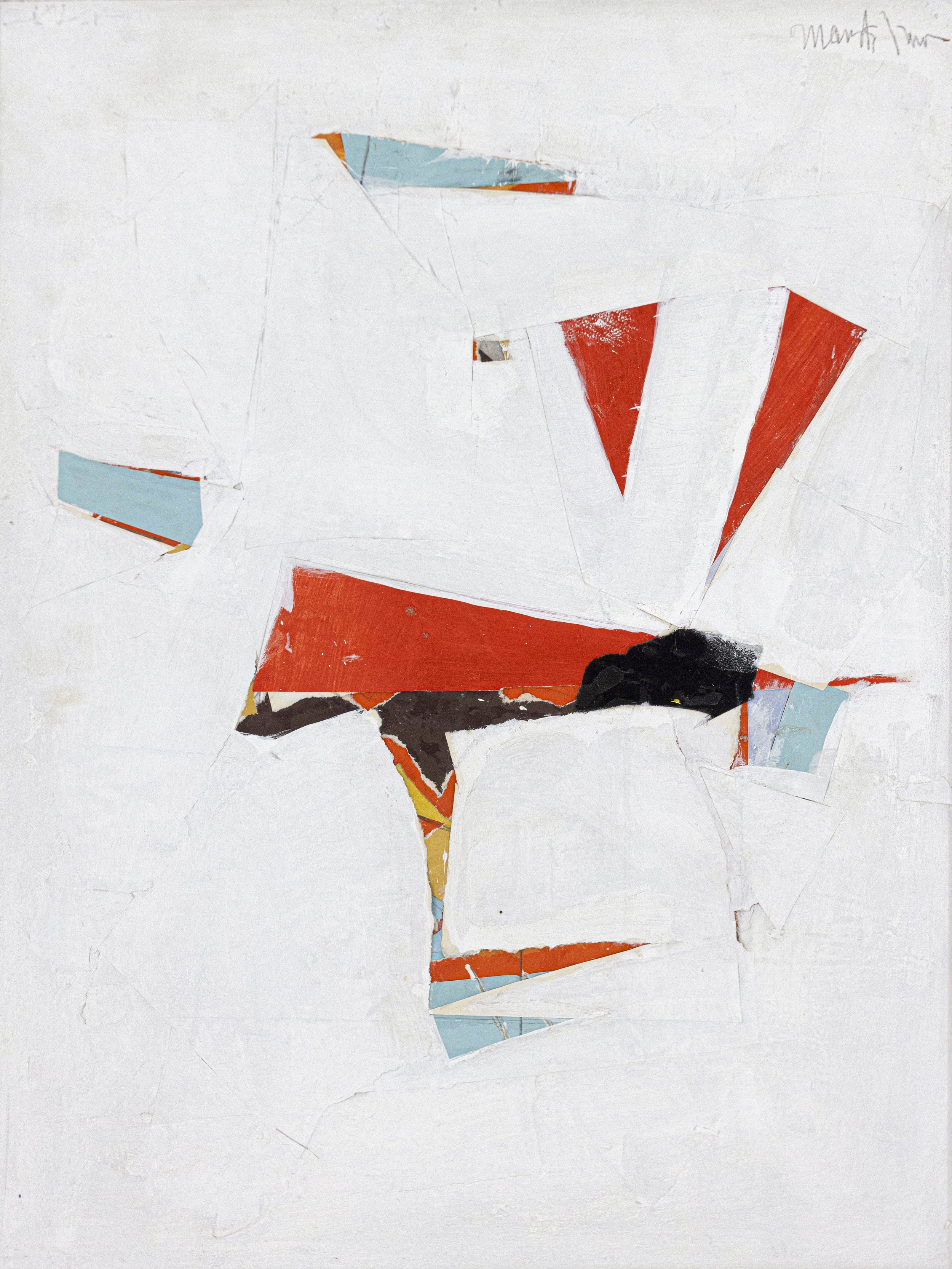BEATRICE MANDELMAN | WORKS ON PAPER
ONLINE EXCLUSIVE EXHIBITION
APRIL 1-JUNE 30
Beatrice Mandelman (1912–1998) was an American abstract artist associated with the group known as the Taos Moderns. Mandelman was born in New Jersey to her Jewish immigrant parents and moved to Taos, New Mexico in 1944 with fellow artist and husband Louis Ribak. Mandelman’s work consisted of mainly paintings, prints and collages and one critic wrote that the “twin poles” of her work were Cubism and Expressionism.
“One should try to live in a world where one must constantly play an active role in creating that world.”
Beatrice Mandelman’s life was dedicated to making her world one full of color, happiness and art. She was so passionate about her work that anything that might have been a distraction was not considered, including the expectations of motherhood and homemaking. Painting was her everything, and she kept it that way until her passing in 1998.
Photo courtesy of PBS.
Bea began her practice in New York City, the most ideal and accessible place for an artist to kickstart their career for the time. In the early 1940s Mandelman attended a dance sponsored by the Artists Union and met Louis Ribak, her future husband and partner in crime. With time and development in their work both Bea and Louis began to feel restricted by the academic standards that surrounded them and sought after a shift in space and perspective. Bea, in particular, had a free, untamed spirit that wanted to explore – and when she found Taos, New Mexico, it was home. A poem she wrote reads…
“I abandoned the city,
I longed for the free spirit which is free
of impositions.
I wanted to repose
I chose exile
There are no games
No precise answers
To keep alive the flame
To keep alive the spark for the
next day’s fire.”
Louis Ribak and Beatrice Mandelman. Photo courtesy of PBS.
The sparse desert landscape came as a forcefield. It was not easy to live in a rural, patriarchal community considering her upbringing in the more progressive city. At this time, she began exploring her ideas through painting, collage, writing and poetry. All of the work became an impression and a record of her existence. Bea embraced opposition, failure and conflict as a challenge to continue pushing forward and to make something great.
Photo courtesy of PBS.
Bea’s work in Taos was entirely abstract. “I don’t interpret reality. I contribute to it,” she explained. The paintings were not of mountains, they were of the shapes, lines, shadows and the impressions of those mountains.They were inspired by the sounds of music, of the way light fell on the ground, of the emotions and feelings coursing through her day-to-day life. “My paintings have no beginning… no ending… no word… no story… just their own existence,” she wrote. “The stars are the stars. The ocean is the ocean. And I am I.”
Beatrice Mandelman
Space Series #36, 1954
collage on mat board
19.5 x 15.5 in.
$6,000
Bea was very informed by collage, with her paintings and, most notably, her works on paper reflecting the act of disjointing and layering the formal elements. Many of these pieces were worked out through taking risks and pushing through multiple iterations. She never looked at her finished results as “good” or “bad,” but instead as a train of thought weaving in and out of life’s phases and inspirations.
Although Bea was faced with cancer and numerous health problems in the remaining days of her life, she did not let this keep her away from the work. It was not uncommon that she would request her nurse to hold her upright so that she could continue placing her brush on the canvas. By the time of her death in 1998, Bea had accumulated over 4,000 pieces in her studio.
Photo courtesy of PBS.
The Mandelman-Ribak Foundation was established to preserve the legacy of Beatrice Mandelman and Louis Ribak. Among other activities, it cataloged a half century of their work held in the Mandelman-Ribak Collection. In 2014, the collection and associated personal papers were donated to the University of New Mexico. Bea often wondered, “Will time erase what I have done?” Modern West is honored to partner with the Mandelman-Ribak foundation in showcasing this intimate selection of works on paper, and we hope sharing her story will acknowledge her lasting legacy and impact.
Contact us at info@modernwestfineart.com for details on available pieces.

















